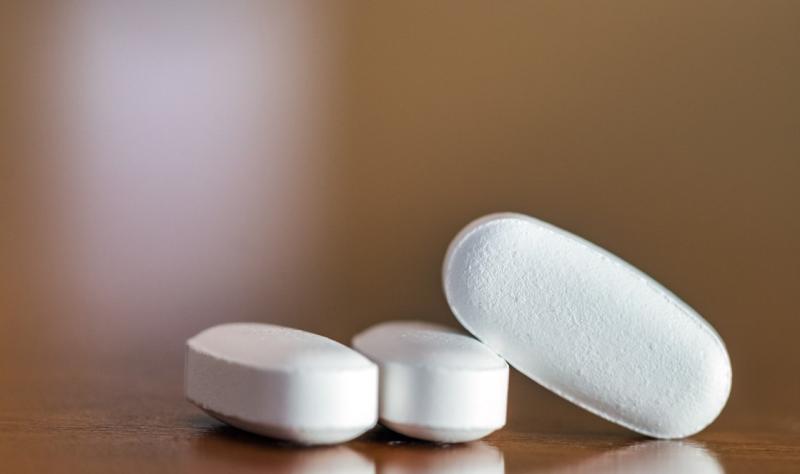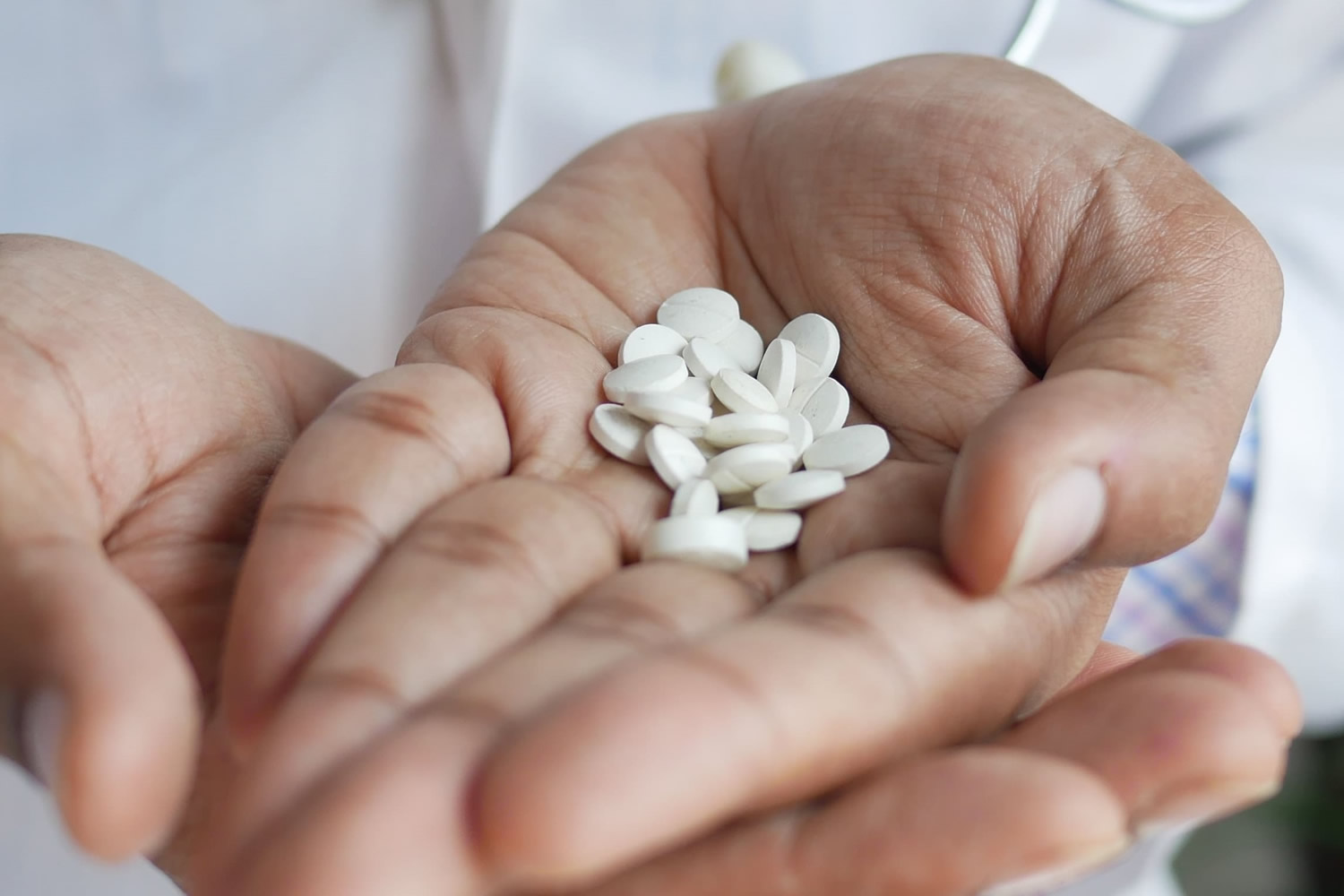Are you also experiencing a urinary tract infection or UTI? Then there is nothing to worry about as you aren’t the only one. Every year, hundreds of thousands of people suffer from UTI, most of whom are women.
But the problem comes when one is addicted to drinking alcohol. Wait, are you too an alcohol addict, longing to know after how long of nitrofurantoin can you take alcohol? Then keep your calm as the article covers all the nitty-gritty about it.
It is recommended not to take alcohol at least 48 hours after nitrofurantoin consumption. The reaction is that alcohol causes various complications when it interacts with macrobids.
Now you must be thinking, WHY and HOW? Then brace up, and dig through the article to get all the questions answered.
Table of Contents
ToggleWhat Is Nitrofurantoin- The UTI Fighter
Nitrofurantoin is a macrobid given to patients of UTI in order to fight the infection by destroying and killing the built-in bacterial community. It usually takes one week for nitrofurantoin to clear urinary tract infections.
A Few Known Symptoms Of Urinary Tract Infection UTI
Before unveiling how alcohol impacts the role of nitrofurantoin in treating UTI, let’s enlist some of the symptoms of UTI. These are:
- Pain, irritation, or burning sensation while urination
- The constant urge to urinate even when the bladder is empty
- Feeling pressure in the bladder
- Vomiting
- Bloody urine
- Stomach pain
- Chills and fever
How Long After Taking Nitrofurantoin Can You Drink Alcohol?

It is recommended to wait at least two days after completing the course of nitrofurantoin to treat urinary tract infections before taking alcohol.
The medical science behind it is that alcohol is dehydrating in nature. So, it can lead to excessive dehydration in the body soon after its consumption. Consequently, treating UTIs becomes difficult. Moreover, alcohol exposure can irritate the bladder.
Therefore, according to experts, giving a break of 2 days (48 hours) is essential to avoid UTIs again.
Will Alcohol Make The Role Of Nitrofurantoin Ineffective?
No, alcohol is not known to interfere with and reduce the effectiveness of nitrofurantoin by any means. It is a misconception or myth only.
In fact, no proof claims that alcohol interacts with nitrofurantoin.
The problem is that drinking alcohol is known to weaken a person’s natural immune system. As a result, it fails to build immunity against the urinary bacteria. That is why the infection persists, despite taking medication.
In short, alcohol doesn’t affect the effectiveness of nitrofurantoin but instead weakens the body’s immune system.
Dangers Of Taking Nitrofurantoin With Alcohol
Now, before going into further details, it’s high time to figure out why you should not take alcohol and nitrofurantoin together and rather wait for at least two days. The risk factor associated with it is an increased chance of dehydration, accelerating the symptoms of UTI, etc. So, let’s toggle through each of them in depth.
Dehydration
One of the prime reasons why it is recommended not to take alcohol during your UTI and when taking nitrofurantoin is that alcohol is dehydrating. It is a diuretic, and therefore, it works to expel maximum fluid from the body.
And that is exactly opposite to what we long for to treat urinary tract infections.
In it, one must keep the body well hydrated. However, alcohol flushes out the water from the body, resulting in increased dehydration. As a result, the UTI microbes become concentrated and linger instead of flushing out of the body. Consequently, there is a high chance for the infection to reach the kidney and infect it, too, as well as cause a weakened immune system.
Exacerbate The Symptoms
Another problem of talking nitrofurantoin and alcohol together is that it can exacerbate the symptoms of UTI. As a result, the previously tolerable discomfort will eventually become intolerable and can cause serious problems. These include
- Extreme dizziness
- Migraine and headache
- Diarrhea or other stomach issues
- Vomiting
As a result, it can further worsen the condition of urinary tract infection rather than making it better.
Slight Ineffectiveness In Drug’s Action
The myth that alcohol completely blocks the mode of action and effectiveness of alcohol has been disproven. However, it does affect the role indirectly.
Studies have shown that drinking alcohol weakens the human body’s immune system. As a result, it fails to fight against UTIs effectively.
Similarly, alcohol disrupts the sleeping pattern of humans.
Consequently, the role and action of all antibiotics, including macrobids, get suppressed.
What To Do If You Already Have Consumed Alcohol With Nitrofurantoin?
If you have already taken alcohol after nitrofurantoin, then first of all, you don’t need to panic. Secondly, consume water off and on to avoid the harmful consequences of its diuretic nature.
Moreover, it is recommended to keep an eye on the symptoms and to avoid adverse consequences; it is better to contact a doctor immediately.
What Other Things Should Be Avoided When Taking UTI Medication?
Apart from drinking alcohol, there are several other precautions to consider when taking UTI medication. Some of these are:
- Avoid drinking artificial sweeteners
- Keep spicy food and citrus juices at bay. The reason is that citrus foods can irritate the bladder.
- Reduce the consumption of caffeinated drinks.
Instead, add the following to your daily diet
- Drink lots of water and keep yourself well-hydrated
- Drink sugar-free drinks
- Eat yogurt
- Consume high-fiber food
Conclusion
To end up, it is advised by the doctors not to take alcohol in any form during the course of Nitrofurantoin medication. The reason is that alcohol can exacerbate the symptoms of UTI, making its treatment difficult and prolonged. In fact, according to doctors, it is better not to consume alcohol even after finishing nitrofurantoin intake for up to 48 hours.
However, if you enjoy a healthy life, it is better to abstain from its consumption.

I am a passionate beer connoisseur with a deep appreciation for the art and science of brewing. With years of experience tasting and evaluating various beers, I love to share my opinions and insights with others and I am always eager to engage in lively discussions about my favorite beverage.
















